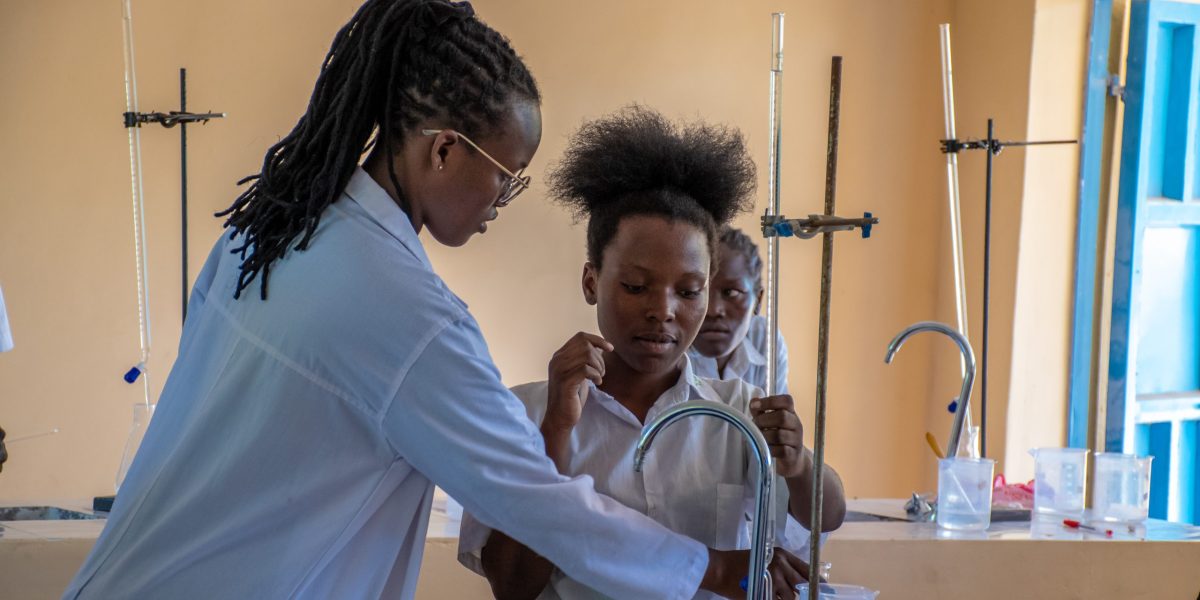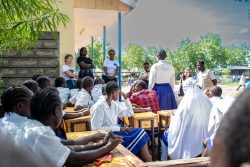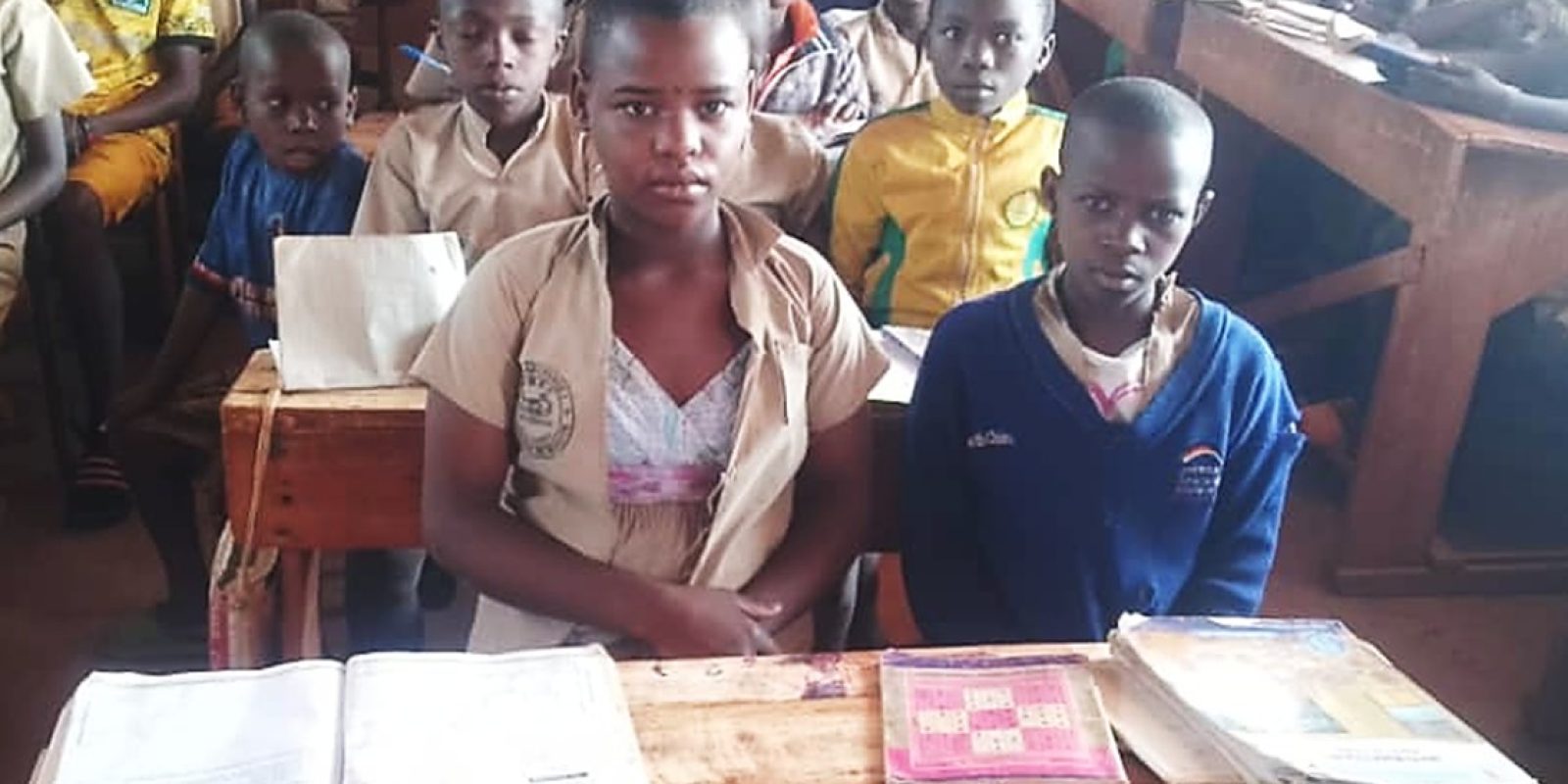European Civil Protection and Humanitarian Aid Operations (ECHO) Visit In Kakuma
17 February 2026|Grace Colburn

Education is a human right, and our donors recognize and value the role that education plays in changing lives. Through the European Civil Protection and Humanitarian Aid Operations (ECHO) grant, the European Union is supporting JRS, along with other NGOs working in Kakuma and Dadaab within the educational sector. ECHO team had the opportunity to visit the Kakuma Refugee Camp, and monitor the projects they are funding.

A primary goal of the work that JRS is doing is to make secondary education more accessible. Within the camp, learners face barriers to their education, such as being unable to afford school fees, having responsibilities at home, or needing to generate income for their households. Through our partnership with ECHO, JRS has provided school fee waivers for vulnerable students, as well as distributing cash assistance for teenage mothers, who often drop out of school to take care of their children. In addition to providing financial support for students, JRS is working with school Boards of Management to promote education for all community members, especially for girls, and is facilitating the enrolment and re-enrollment of out-of-school children.
JRS and ECHO have also emphasized capacity building and welfare for teachers. Teachers provide the foundation for schools to effectively function. Without teachers, there is no education, so ensuring that they have the tools to provide quality education is crucial. Within the camp, teachers often have classes larger than 100 students, with limited resources and training, leading to high turnover rates. Through trainings, the provision of meals and transportation and team building activities, JRS is working to ease the burden on teachers so that they can provide quality education for students.
With the introduction of the Shirika Plan, and the integration of refugees into Kenyan society, JRS is working with refugees in order to localize the Boards of Management at our seven secondary schools. By offering training for the necessary skills to run schools, JRS is preparing refugees to get involved in school management, creating schools which can sustain themselves without organizational oversight.
By helping students overcome barriers to education and through supporting teachers in order to support learners in their education and their personal development, new safeguarding training has been implemented, coupled with in school counselling. With funding from ECHO, JRS has employed a counsellor to support students with Mental Health and Psychosocial support, ensuring that students receive the care they need to be successful.
School is more than a place to learn in the camp, it is a safe space for learners to grow and receive support. Through our work with the European Union, we are not just improving the lives of students, but also making schools a more sustainable place for Teachers and management are working to improve the foundations of the secondary education system in Kakuma.



